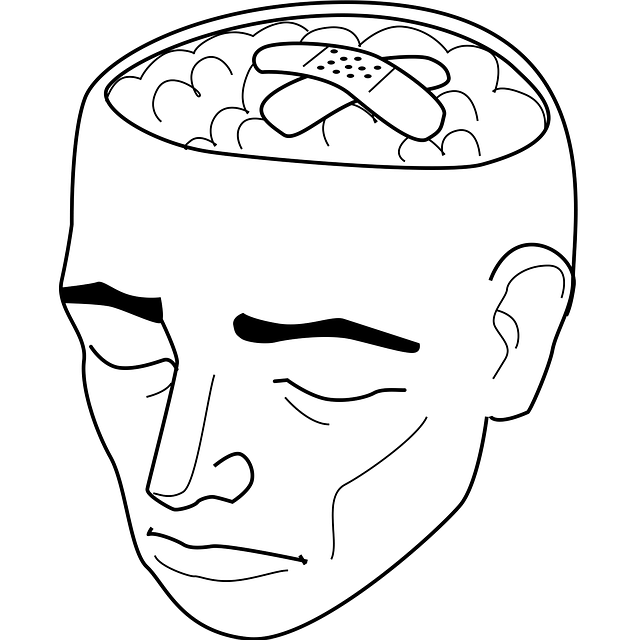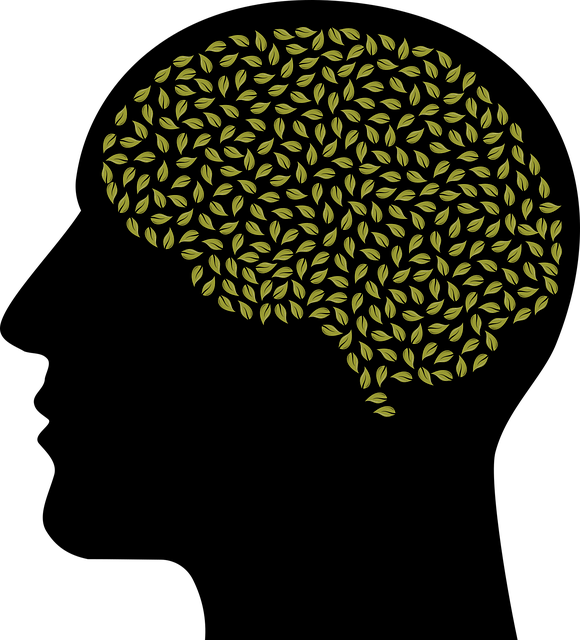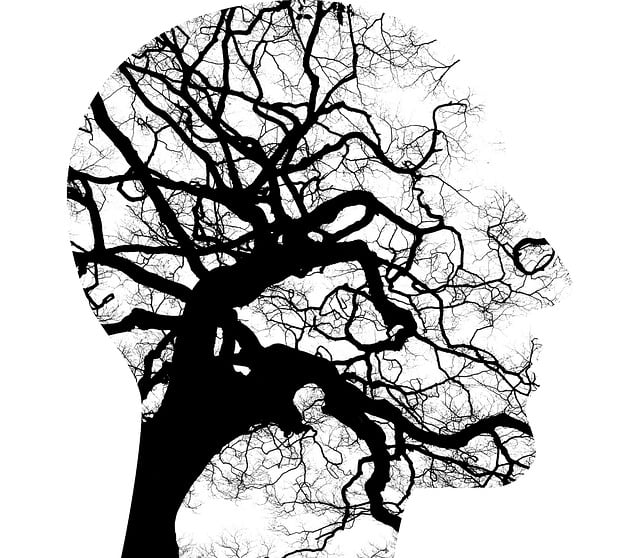Mental health professionals in Arvada face challenges diagnosing Conduct Disorder (CD), especially with co-occurring conditions, leading to ineffective treatments and long-term harm. To improve outcomes, initiatives focusing on enhanced diagnostic skills and risk management planning are crucial. These include advanced assessment tools, evidence-based practices, data analytics, and cultural competency training. Integrating Arvada Conduct Disorder Therapy (ACDT) into mental health care routines improves diagnosis accuracy, offering tailored, engaging treatment plans backed by community outreach and education programs. Comprehensive training, early intervention, and collaboration with schools, like the ACDT model, empower professionals to better understand conduct disorders, reduce misdiagnosis impacts, and foster supportive ecosystems for improved mental wellness.
Mental illness diagnosis accuracy is a critical aspect of patient care. This article explores efforts to improve diagnostic accuracy, focusing on several key strategies. We begin by understanding the challenges that lead to misdiagnoses and their significant impact. Next, we delve into enhanced assessment techniques for more precise mental health diagnoses. Additionally, we highlight the role of specialized therapies, such as Arvada Conduct Disorder Therapy, in tailored treatment plans. Finally, we discuss comprehensive training and early intervention strategies to prevent misdiagnosis and improve patient outcomes.
- Understanding the Challenges: Uncovering Misdiagnoses and Their Impact
- Enhancing Assessment Techniques: Tools for Accurate Mental Health Diagnoses
- Integrating Specialized Therapies: The Role of Arvada Conduct Disorder Therapy
- Promoting Comprehensive Training and Early Intervention Strategies
Understanding the Challenges: Uncovering Misdiagnoses and Their Impact

Mental health professionals face significant challenges when it comes to accurate diagnoses, particularly with conditions like Conduct Disorder, which often co-occur with other mental health issues. Uncovering misdiagnoses is crucial for effective Arvada Conduct Disorder Therapy and overall patient care. Many individuals suffering from conduct disorder may initially be misdiagnosed due to the complexity of their symptoms and behavioral presentations. This can lead to inappropriate treatments or a delay in receiving proper care, impacting the individual’s long-term mental health trajectory.
Stress Management Workshops Organization and other initiatives focused on enhancing diagnostic skills are essential steps towards improvement. Additionally, Risk Management Planning for Mental Health Professionals plays a critical role in minimizing misdiagnosis rates. By fostering a comprehensive understanding of diverse mental health conditions, these efforts enable practitioners to navigate complex cases more effectively, ultimately improving patient outcomes.
Enhancing Assessment Techniques: Tools for Accurate Mental Health Diagnoses

In the pursuit of improving mental illness diagnosis accuracy, enhancing assessment techniques is a crucial step. Advanced tools and methods are being developed to help healthcare providers in Arvada Conduct Disorder Therapy. These include evidence-based practices that incorporate Mental Health Awareness and Conflict Resolution Techniques, ensuring more nuanced and precise evaluations. By training professionals in cultural competency, these efforts aim to capture the complexity of mental health conditions, especially within diverse populations.
Innovative assessment techniques leverage technology and research to bridge the gap between symptom presentation and diagnosis. This involves integrating advanced psychological testing, data analytics, and clinical judgment to minimize biases and errors. Such improvements are vital, as accurate diagnoses facilitate tailored treatment plans, ultimately enhancing patient outcomes in Arvada Conduct Disorder Therapy settings.
Integrating Specialized Therapies: The Role of Arvada Conduct Disorder Therapy

Integrating specialized therapies like Arvada Conduct Disorder Therapy (ACDT) is a significant step in enhancing mental illness diagnosis accuracy and improving patient outcomes. ACDT focuses on addressing conduct disorders, often associated with underlying mental health issues, by employing evidence-based techniques tailored to individual needs. This therapy goes beyond traditional approaches by delving into the complex web of behaviors, offering a more nuanced understanding of patients’ struggles.
By incorporating ACDT into diagnostic routines, healthcare professionals can gain valuable insights that lead to more precise evaluations. Additionally, this integrated approach has the potential to improve patient engagement during treatment, as it caters to specific conduct-related challenges. Furthermore, communities benefit from such specialized services through enhanced mental wellness, as demonstrated in various podcasts and community outreach programs, which promote trauma support services and overall mental health awareness.
Promoting Comprehensive Training and Early Intervention Strategies

In an effort to enhance mental illness diagnosis accuracy, promoting comprehensive training and early intervention strategies is paramount. Traditional therapeutic approaches often focus on individual therapy models, but integrating community outreach program implementations and collaboration with local schools can significantly improve outcomes. For instance, incorporating Arvada Conduct Disorder Therapy within these initiatives equips professionals with specialized knowledge, fostering a more nuanced understanding of conduct disorders and related mental health challenges in youth.
Empathy building strategies and compassion cultivation practices play a pivotal role in this process. By nurturing a sense of understanding and compassion among care providers, educators, and community members, early intervention becomes not just a medical strategy but a supportive ecosystem that encourages openness and willingness to seek help. This holistic approach ensures that individuals facing mental health issues receive timely support, reducing the impact of undiagnosed or misdiagnosed conditions.
Mental illness diagnosis accuracy is a multifaceted challenge that demands innovative approaches. By understanding the complexities of misdiagnosis, adopting advanced assessment techniques, integrating specialized therapies like Arvada Conduct Disorder Therapy, and promoting comprehensive training with early intervention strategies, we can significantly improve care outcomes. These efforts not only ensure more accurate diagnoses but also foster better patient management and enhanced quality of life for those affected by mental health conditions.













